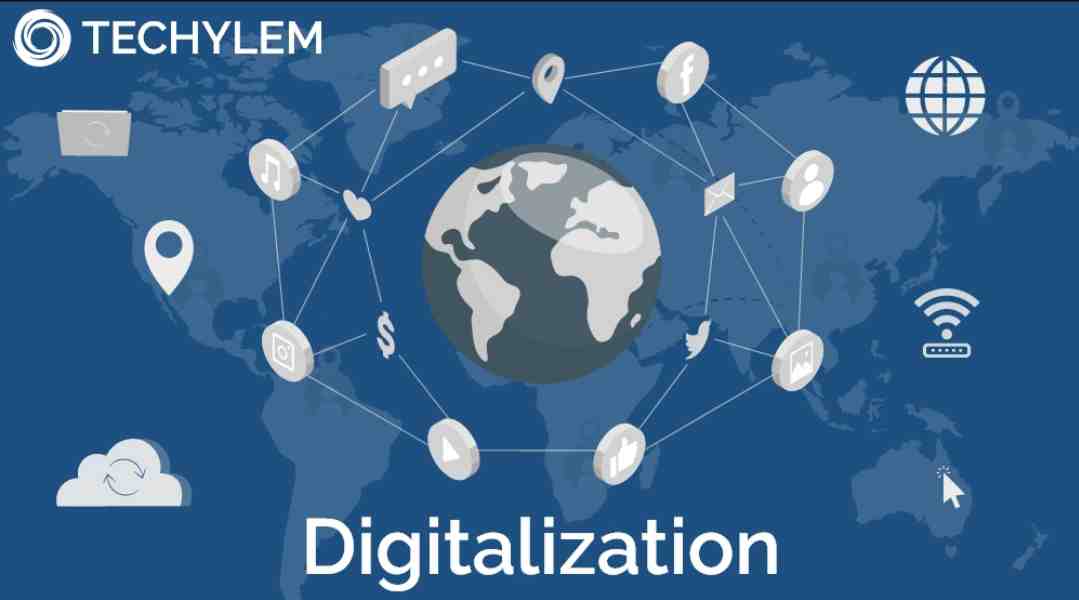By Major Gershom Gameli Klu-Amereka, CMILT, Ghana Army
In an era where the internet reigns supreme as the backbone of global connectivity, recent events have shed light on the vulnerabilities inherent in our dependence on digital infrastructure. Reports of disruptions in internet access attributed to disturbances on undersea fibre optic cables serve as a stark reminder of the fragility of our interconnected systems. Such incidents not only disrupt the flow of information but also cripple essential services and disrupt economic activities worldwide.
At a time when governments across the globe are actively advocating for a transition towards a cashless economy, these disruptions underscore the need for caution. While the allure of a digital financial ecosystem promises convenience and efficiency, it also exposes us to a myriad of risks, chief among them being cyber-attacks.
The threat of cyber-attacks looms large in an increasingly interconnected world. Groups such as the Houthi Rebels have already issued warnings of potential attacks on undersea infrastructure, highlighting the ease with which malicious actors can disrupt our digital networks. The recent disturbances serve as a wake-up call, urging us to re-evaluate the wisdom of placing all our eggs in the digital basket.

The drive towards a cashless economy must be accompanied by a thorough understanding of the risks involved. While electronic transactions offer unparalleled convenience, they also present a tempting target for cybercriminals and hostile actors. Instances of data breaches and financial fraud have become all too common in our hyperconnected world, exposing individuals and businesses to significant losses.
Moreover, the rush towards digitalization risks leaving behind those who lack access to reliable internet infrastructure. In rural and marginalized communities, where internet connectivity is often sparse, a wholesale transition to a cashless economy could exacerbate existing inequalities. It is imperative that policymakers consider the needs of all segments of society and ensure that no one is left behind in the pursuit of digital progress.
As governments and political activists champion the cause of a cashless economy, it is essential to temper enthusiasm with prudence. While digitalization offers undeniable benefits, it also introduces new vulnerabilities that must be addressed. Rather than rushing headlong into a fully automated future, we must proceed with caution, mindful of the potential pitfalls that lie ahead.

In conclusion, the recent disruptions in internet access serve as a sobering reminder of the risks associated with overreliance on digital infrastructure. As we contemplate the transition towards a cashless economy, let us not lose sight of the inherent vulnerabilities and challenges that accompany such a shift.
By adopting a measured approach and prioritizing cybersecurity, we can navigate the digital landscape with greater resilience and ensure that the benefits of digitalization are enjoyed by all
